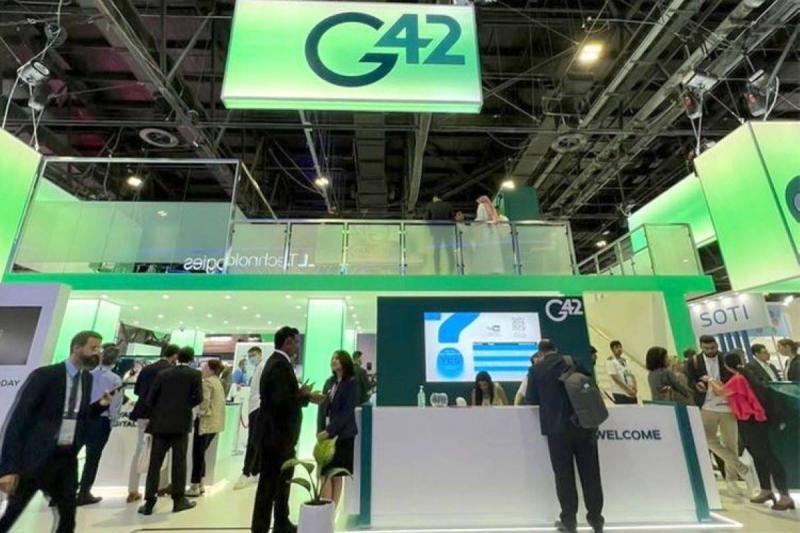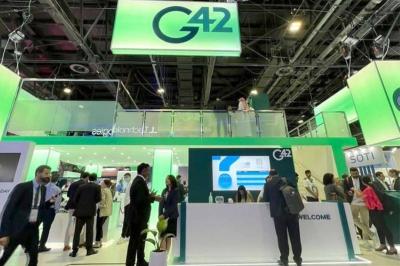A deal between American Microsoft and the UAE company "G42" raises concerns in the United States that the potential transfer of advanced chips and tools for artificial intelligence could pose national security risks. Microsoft President Brad Smith stated that the high-profile agreement with the UAE-backed AI company "G42" might ultimately involve the transfer of advanced chips and tools, a step that a senior Republican member of Congress warned could have national security implications.
Smith noted that the sales agreement could progress to a second phase, which would involve exporting critical components for AI technology, such as model weights, the crown jewels of AI systems that determine their capabilities. He added that there is no specific timeline for this second phase.
Microsoft announced it would invest $1.5 billion in the largest AI company in the UAE, in a deal that included the Gulf state’s commitment to end any collaboration with China in this field, as reported by WAM, Bloomberg, and The Wall Street Journal on Tuesday.
US officials have expressed that AI systems could pose national security risks “by facilitating the engineering of chemical, biological, and nuclear weapons," for instance. The Biden administration requested in October that manufacturers of the largest AI systems share relevant details with the US government.
To proceed, the deal will require approval from the US Department of Commerce. Microsoft executives stated that the agreement includes guarantees to protect Microsoft technology and prevent its use by Chinese entities to train AI systems. The deal is an agreement between the two companies that requires both to provide security guarantees to their respective governments, but there is no direct agreement between the US and the UAE regulating the transfer of sensitive technologies.




